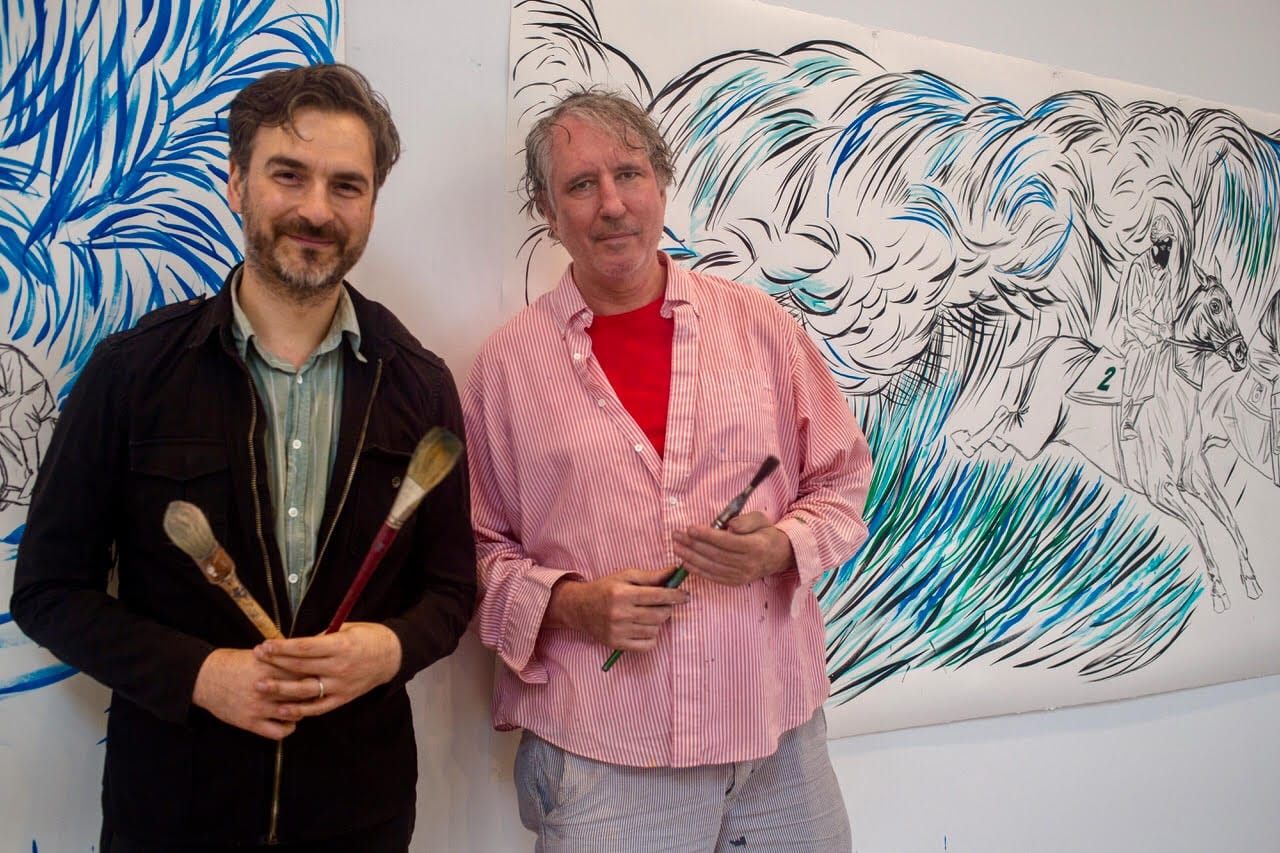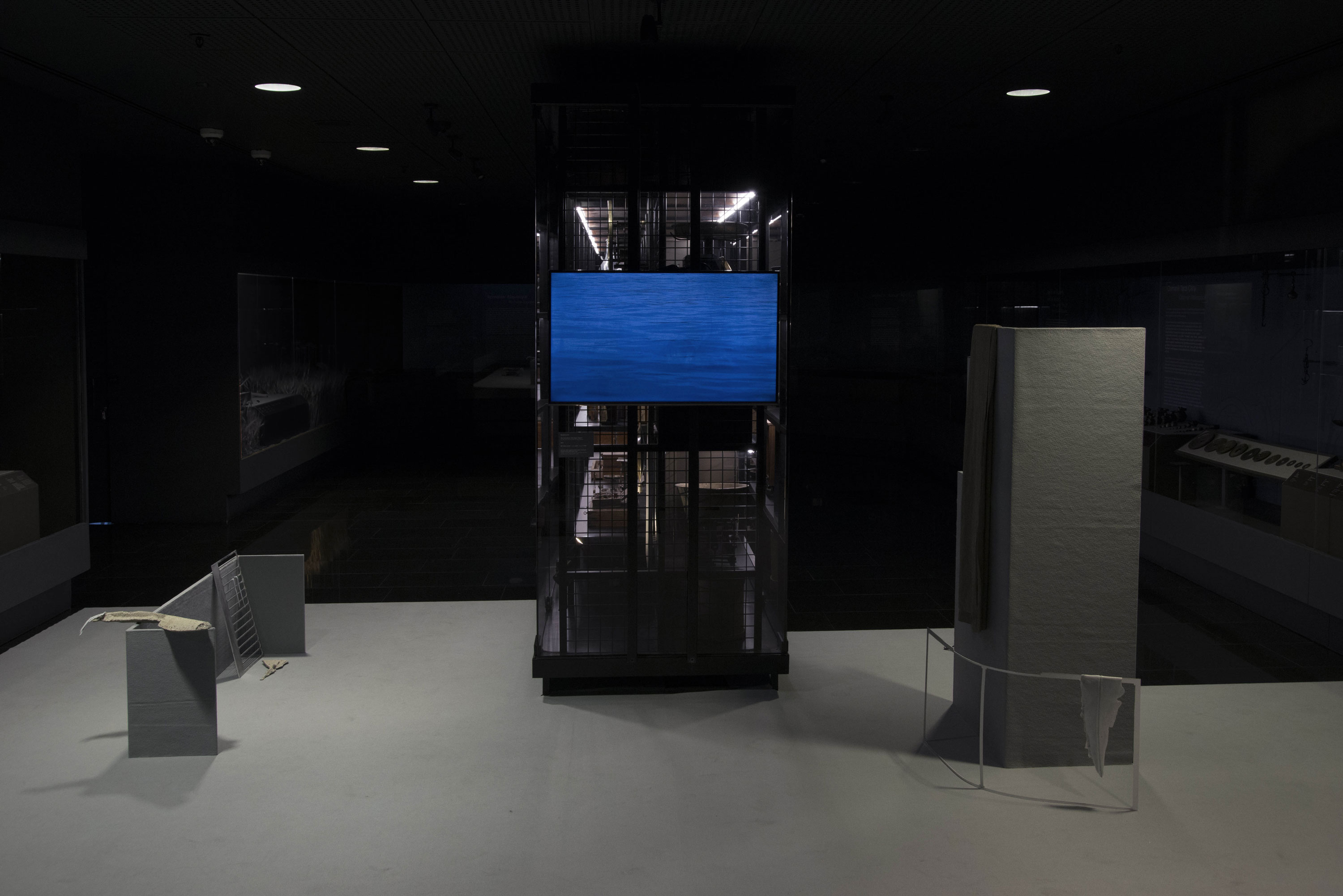Artist in the House!
June 7, 2017 / 16:00
Presented in relation to our Doublethink: Double vision exhibition, artist Marko Mäetamm will be live drawing on Pera Museum’s elevator and restroom walls openly in public. Mäetamm will re-create his work “How I Became an Artist” and following this, he and curator Alistair Hicks will be discussing his works.
Marko Mäetamm (b. 1965, Tallinn)is a painter, video and installation artist. Upon graduating from Estonian Academy of the Arts, he has exhibited internationally and represented Estonia at the 52nd Venice Biennial (2007) and at 50th Venice Biennial (2003) as a part of artists' duo John Smith (with Kaido Ole). Throughout his practice, the artist’s primary focus has been on family life. Treating the family as a microcosm of a wider socio-political and economic models, Mäetamm collects petty every-day situations, presenting them filtered through a prism of his unmistakable dark humour.
Temporary Exhibition
Thinking has changed radically, but many people don't appear to have noticed. Our institutions have been stuck on linear Neo-Platonic tracks for 24 centuries. These antiquated processes of deduction have lost their authority. Just like art it has fallen off its pedestal. Legal, educational and constitutional systems rigidly subscribe to these; they are 100% text based.
Click for more information about the exhibition.


We meet at Marcel Dzama’s studio in Brooklyn on the occasion of his solo exhibition Dancing with the Moon at Pera Museum. On this freezing day in January, he welcomes us with a warm smile, and for a few hours, we step into his world filled with surreal characters, music, dance, politics, and play.

Inspired by its Anatolian Weights and Measures Collection, Pera Museum presents a contemporary video installation titled For All the Time, for All the Sad Stones at the gallery that hosts the Collection. The installation by the artist Nicola Lorini takes its starting point from recent events, in particular the calculation of the hypothetical mass of the Internet and the weight lost by the model of the kilogram and its consequent redefinition, and traces a non-linear voyage through the Collection.
Tuesday - Saturday 10:00 - 19:00
Friday 10:00 - 22:00
Sunday 12:00 - 18:00
The museum is closed on Mondays.
On Wednesdays, the students can
visit the museum free of admission.
Full ticket: 300 TL
Discounted: 150 TL
Groups: 200 TL (minimum 10 people)